A seminar dedicated to the return of Abkhazian repatriates from Syria was held at the Museum of Anthropology and Ethnography (Kunstkamera) of the Russian Academy of Sciences.
Tengiz Tarba, Head of Information Policy and Communications at the World Abaza Congress and Director of the Highland Abkhazia Foundation, spoke at the event. Tengiz Tarba headed the Information department of the Ministry of Foreign Affairs of Abkhazia in 2012-2017 and took personal part in the return of compatriots from war-torn Syria. Tengiz Tarba, Ambassador-at-Large, First Counselor, was a participant (15 rounds) of the Geneva Discussions on Security and Stability in Transcaucasia for 5 years, participated in the Incident Prevention and Response Mechanism. In 2016, he ranked the MFA of Abkhazia 91 out of 210 in the Digital Diplomacy Rating, ahead of countries such as Portugal, China, New Zealand, etc.
"First of all, I would like to thank Makka Albogachieva, a senior researcher at the Department of Ethnography of the Caucasus, MAE RAS. Thanks to her initiative, I recalled these events of 11 years ago and prepared this material.
When I started looking for publications related to our mission online, it turned out that there was practically nothing to find. Meanwhile, Abkhazia carried out a unique humanitarian operation of world level: in 2013, about 540 Abkhazians returned from Syria, which was engulfed in civil war. The main initiator was the public of Abkhazia. The President of the country instructed the Ministry of Foreign Affairs of Abkhazia to carry out this action. The implementation would have been impossible without the support of the Ministry of Foreign Affairs of Russia and the Embassy of Russia in Syria. In 2013, the New York Times wrote "... few people paid attention, but a country like Abkhazia carried out a unique humanitarian operation to rescue compatriots from war-torn Syria...". The leadership of Russia gave us maximum support, and in Olympic Sochi, two planes with women and children on board landed from war-torn Syria with a short interval. The unity of society and the state at that moment made it possible to save our brothers in Syria." The process of return was divided into several stages. We saw how the war in Syria was flaring up; we knew that our compatriots were there. After it became clear that the internal political crisis involving external forces in Syria was gaining momentum and that it would not be possible to resolve it peacefully, the public of Abkhazia held a peaceful rally outside the Repatriation Committee building.
First, it is important to remember Tengiz Agrba, who took the most active part in this process. A fundraising was announced to send planes, and the country's leadership supported the public. The task was incredibly difficult, and it became obvious that it could be solved only at the interstate level. The amount collected by the public was subsequently used to help those who returned with adaptation and other everyday needs. The government of Abkhazia decided to send a group of representatives of the country and the Federation of Abkhazian Cultural Centers to Syria. The first trip included Chairman of the State Repatriation Committee Zurab Adleiba, Head of the Turkey and Middle East Department Inar Gitsba and Chairman of the Federation of Abkhazian Cultural Centers in Turkey Feridun Akusba. The purpose of the trip was to assess the situation and make lists of those who would like to return to their historical homeland. When this data was received, it became possible to develop an evacuation plan.
Negotiations were held with the Lebanese Middle East Airlines, and the cost of chartering two aircraft was agreed upon. After that, it was necessary to resolve a number of other issues: admitting the chartered aircraft into Russian airspace, obtaining permission for entry and exit points from Russian airspace, for the aircraft's routing, landing and servicing, and coordinating the aircraft's reception grid with the Sochi airport. It was also necessary to resolve the issue of providing Russian transit visas to Syrian citizens. Painstaking work was done on all these items, and constant communication was maintained with the Russian Foreign Ministry.
The implementation of the evacuation plan was under the constant control of the President and Prime Minister of the Republic of Abkhazia. At that time, Alexander Ankvab was the President, and Leonid Lakerbaya was the Prime Minister. On the part of Abkhazia, Deputy Foreign Minister Iraklii Khintba supervised the implementation of the task, and Foreign Minister Viacheslav Chirikba was in overall charge. Two missions to Lebanon were carried out, each of which ended with the landing of the aircraft at the Sochi airport. It is important to note that Inar Gitsba handled the implementation of the entire humanitarian operation directly on the spot. The head of the Information department Tengiz Tarba carried out information support with a trip to Lebanon. At that time, a base for receiving and accommodating returning compatriots was being prepared in Abkhazia. The passengers of the first charter flight were received and accommodated at the Aitar Hotel and the second group in Gudauta at the Chernomorets Hotel. The State Repatriation Committee Fund assumed the main financial burden, and the public helped as well. This was a unique event.
Then, more than 500 people were transported from Syria, engulfed in flames, to their homeland. All of them successfully and effectively went through the process of adaptation and integration into Abkhazian society. Many of them spoke Russian. Among them were also technical specialists in demand in Abkhazia: sound engineers, directors, assemblers and television and radio communications specialists, doctors. Abkhazia gradually provided them with housing - they settled mainly in the Dranda and Gulripsh regions. Transit visas issued to our compatriots by the Russian Embassy in Syria allowed them to continue arriving in Abkhazia in organized groups.
"I remember how after the first landing in Sochi, Inar Gitsba and I stood at the ramp and everyone leaving the plane put their hands on our hearts as a sign of gratitude."
The whole world learned that the Republic of Abkhazia is a state that does not abandon its compatriots in the most difficult life situations.
Assistance to repatriates greatly contributed to the establishment of strong communication channels with the government and leadership of the Syrian Arab Republic. It all began with small steps. At first, it was necessary to provide repatriates with consular services: this is the renewal and receipt of life cycle documents at the embassy and consulate of the Syrian Arab Republic in the Russian Federation. The issues of providing citizens with consular services gradually began to move to political and diplomatic matters. This humanitarian action created a special emotional background when discussing issues of establishing official bilateral diplomatic relations.
In May 2018, the Syrian government recognized the independence of Abkhazia.
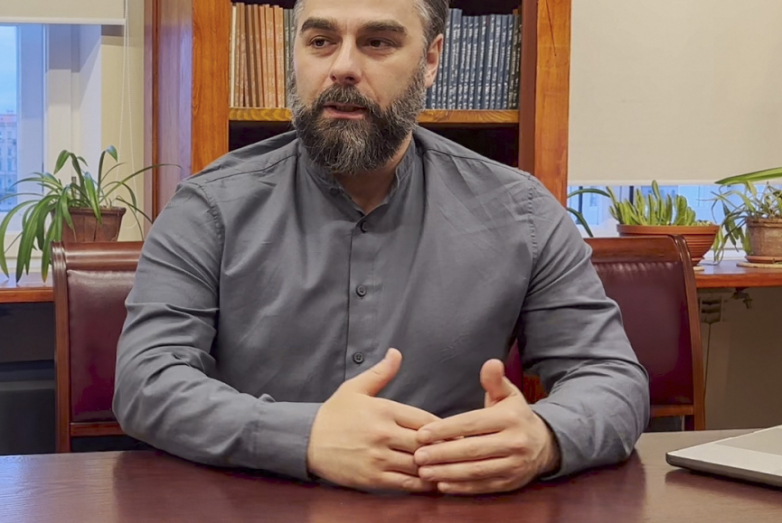
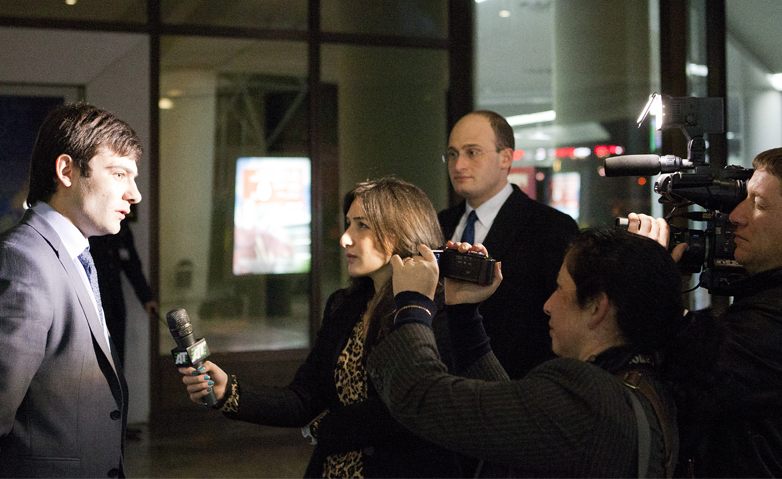
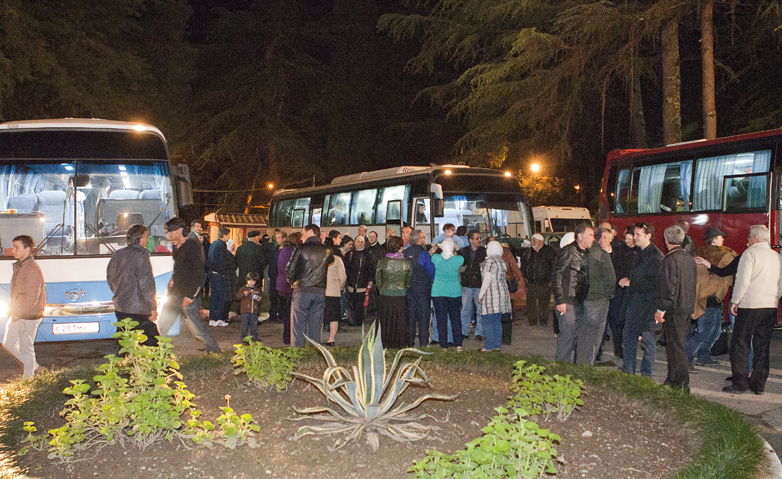
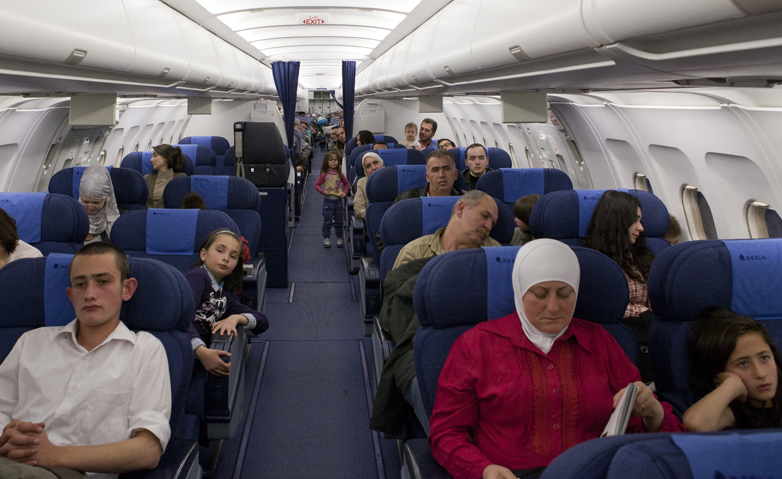
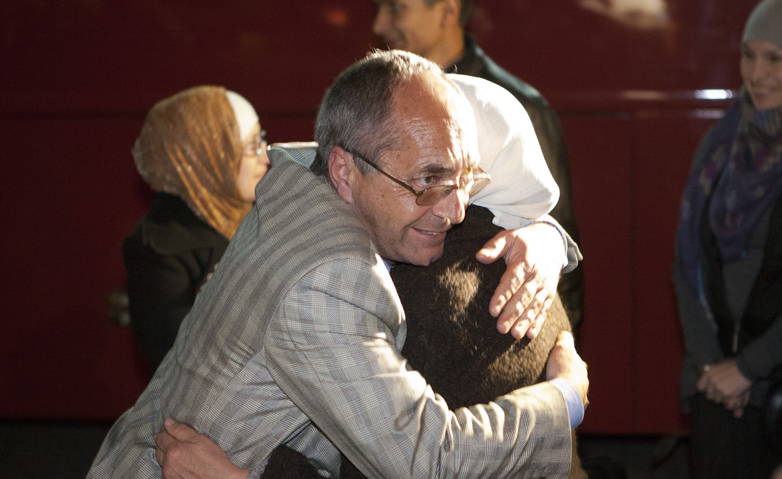
to login or register.